Sustainability FAQs
- Answering some frequently asked questions about sustainability in the energy industry
Sustainable energy comes from sources that can fulfil our current energy needs without jeopardising future generations. It’s about finding clean sources of energy that renew themselves, rather than sources that can be depleted. Popular sources of sustainable energy include wind, solar and hydropower, all of which are also renewable. To qualify as sustainable, energy must be efficiently obtained and distributed.
The dictionary definition of Carbon Footprint is ‘the amount of carbon dioxide released into the atmosphere as a result of the activities of a particular individual, organisation, or community.’ Simply, it is the amount of greenhouse gases produced to, directly and indirectly, support a person’s lifestyle and activities.
Carbon footprints are usually measured in equivalent tons of CO2, during the period of a year, and they can be associated with an individual, an organization, a product or an event, among others.
Renewable energy and sustainable energy are often used interchangeably. There is some overlap, as many sustainable energy sources are also renewable. However, these two terms are not exactly the same. Renewable energy comes from existing resources that naturally sustain or replenish themselves over time. Renewable energy is defined by the time it takes to replenish the primary energy resource, compared to the rate at which energy is used.
Net zero refers to the balance between the amount of greenhouse gas produced and the amount removed from the atmosphere. We will reach net zero when the amount we add is no more than the amount taken away.
Greenhouse gases like carbon dioxide (CO2) are released when we burn oil, gas and coal for our homes, factories and transport. Methane is produced through farming and landfill. These gases cause global warming by trapping the sun’s energy.
Whilst there is an upfront cost associated with installing solar panels, payback times are being cut to as little as four years, depending on the project, compared to seven or eight years we have seen in the past. Solar power is fairly self-sufficient with low maintenance costs, so the return on investment could be great.
Businesses can install a charging point in their car parks, including rapid charging points, without planning permission. If your business operates on leased premises, you will need to ask the landlord for permission before you install any charge points. If your business doesn’t have any off-street parking, you may still be able to get a charging point installed near your business.
Grid connection is key for EV. Without permission of the DNO, then the car chargers won’t be able to be connected to the grid. It’s imperative that the EV points are scaled depending on your current agreed kVa capacity.
There are lots of different ways businesses can be more sustainable. A few examples include choosing sustainable materials in your packaging, products marketing materials. Reducing your energy consumption and switching to a renewable energy source are also simple ways to help your business become more sustainable.
Geothermal, hydropower, solar and wind are all types of renewable energy sources.
Solar PV and Battery Storage
Soaring energy prices and volatile markets, have pushed many businesses to put their roof space to good use by turning to solar PV as an energy-efficient alternative to cut bills. Investing in solar could help your business protect a significant portion of its energy usage from increasing costs and could put you ahead of growing legislation as the government focuses on net zero. Not only could it bring substantial financial benefits it’s also becoming increasing attractive due to the positive impact on the environment.
Electric Vehicle Charging Points (EV)
With the government setting a target of stopping sales of new petrol and diesel cars by 2030, there is a strong focus on electric and hybrid vehicles. Over the next few years, as we get closer to the 2030 deadline, the demand for EV points will become much greater. Whether you are looking to install charge points for commercial vehicles or private employee cars we can guide you through finding the right solution for your business.
Power Purchase Agreements (PPA)
Power purchase agreements (PPAs) can help your business achieve its sustainability goals and lock in long-term pricing for electricity, helping to manage the risk of volatile power markets and generate savings on your energy bills. If your business wants to explore selling its renewable energy back to the grid, we can help ensure you receive market leading rates along with a friendly and personal service.
Outsourced Energy Management
Understanding how energy is being used in your business, the impact it’s having on the environment and finding ways to become more energy efficient can be a full-time job for someone – although you may find hiring an in-house Energy Manager costly. We can provide you with the services of an Outsourced Energy Manager, who spends as much or as little time within your business as you choose. Whether your business needs to meet ESOS or SECR audits, or you wish to promote your workforce to be more sustainable, our outsourced energy manager can cater for all aspects.
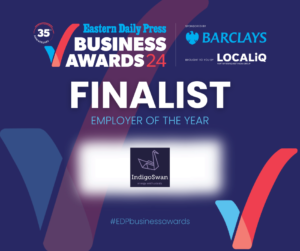
Finalist - Director of the Year - Andy Kindleysides
Finalist - Medium Business of the Year
Finalist - Employer of the Year
Winner - Consultancy of the Year - SME
Finalist - Do The Right Thing
Finalist - Net Zero Hero
Finalist - Net Zero Leaders
Finalist - Best Company to Work For
Finalist - Best Customer Service - Large Customers
Finalist - Best Customer Service - SME
Finalist - Most Trusted Consultancy - Large Customers
Finalist - Most Trusted Consultancy - SME
Finalist - Consultancy of the Year - Large Customers
Winner - Best Customer Service - (SME)
Finalist - Do The Right Thing
Finalist - Net Zero Hero
Finalist - Net Zero Leaders
Finalist - Best Company to Work For
Finalist - Industry Expert
Finalist - Best Customer Service - Large Customers
Finalist - Most Trusted Consultancy - Large Customers
Finalist - Most Trusted Consultancy - (SME)
Finalist - Consultancy of the Year - (SME)
Finalist - Consultancy of the Year - Large Customers

Highly Commended - Third Party Intermediary of the Year
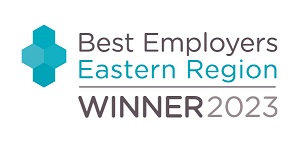
Winner - Best Professional Services Organisation
Winner - Most Trusted Consultancy (SME)
Finalist - Do The Right Thing
Finalist - Net Zero Hero
Finalist - Net Zero Leaders
Finalist - Best Business Solution - Renewables
Finalist - Wellbeing & Diversity
Finalist - Best Customer Service - Large Customers
Finalist - Most Trusted Consultancy - Large Customers
Finalist - Best Customer Service - SME
Finalist - Consultancy of the Year - SME
Finalist - Consultancy of the Year - Large Customers
Winner - Consultancy of the Year (SME)
Winner - Best Customer Service (SME)
Finalist - Best Business Solution - Renewables
Finalist - Most Trusted Consultancy - (SME)
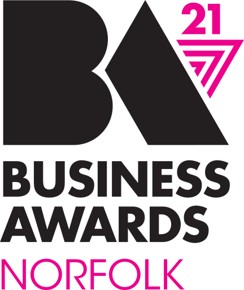
Finalist - Disruptor of the Year
Finalist - Business Person of the Year
Winner - Customer Service (SME)
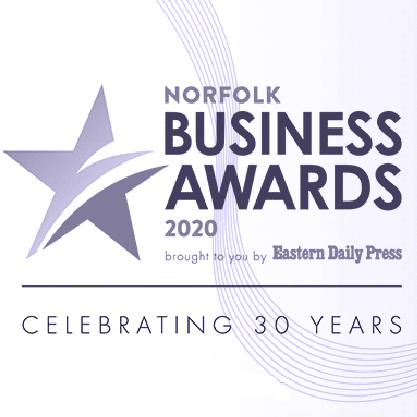
Winner - Customer Care

National Runner-up - Workplace Wellbeing
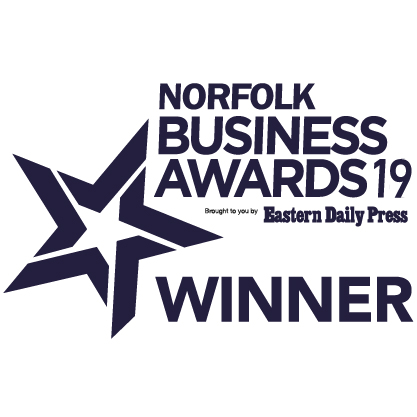
Winner 2019

Regional Winner - Workplace Wellbeing
Winner - Most Trusted Consultancy (SME) - 2019
Finalist - Consultancy of the Year (UK) - 2019
Finalist - Best Customer Service (SME) - 2019
Finalist - Industry Expert (Aimee Konieczny) - 2019
Finalist - Secret Star (Simon Rolfe) - 2019

Bronze - Best Company to Work For
We are accredited until 2021.
Winner - Secret Star (Rae Harris) - 2018
Winner - Consultancy of the Year (East) - 2018
Finalist - Consultancy of the Year (UK) - 2018
Finalist - Most Trusted Consultancy - 2018
Finalist - Awesome Place to Work - 2018
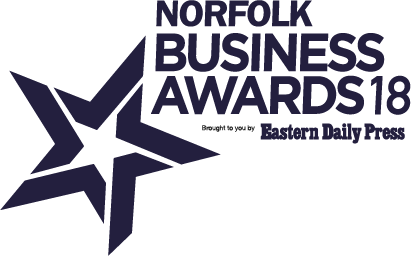
Winner 2018
Winner - Most Trusted Consultancy - 2017
Winner - Consultancy of the Year (East) - 2017
Finalist - Inspirational Leader - 2017
Winner - UK's Energy Service Firm of the Year - 2017
Winner - UK's Energy Service Firm of the Year - 2016
Finalist - 3rd Party Intermediary of the Year - 2016
Winner - Consultancy of the Year - 2016
Winner - Unsung Hero - 2016
Finalist - Most Trusted - 2016
Finalist - Business Person of the Year - 2016
We have been accredited since 2016.
Winner - Best Small Consultancy (UK) - 2015
Winner - Best Small Consultancy (East) - 2015
Winner - Most Trusted Consultancy - 2015
Finalist - Best Customer Service - 2015
Class of 2015
Young Director of the Year - 2015
Winner - I&C Most Innovative - 2014
Finalist - SME Most Innovative - 2014
Finalist - SME Most Trusted - 2014
We have been accredited since 2012.
We have been accredited since 2010.